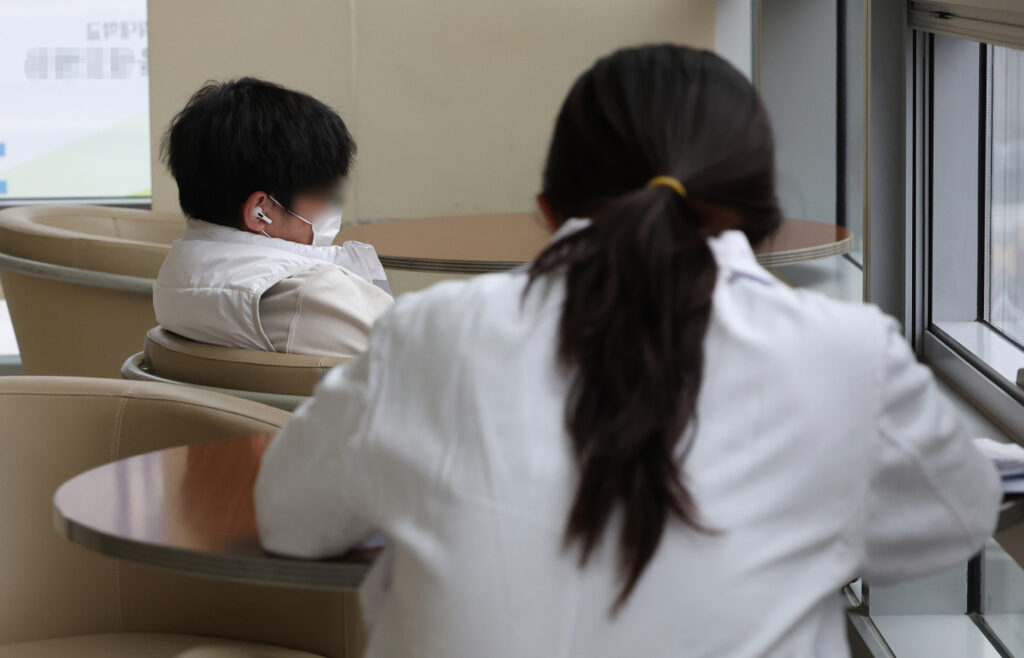A week after the government opened the door to talks, doctors are refusing to budge and the government is seeking a breakthrough with the medical community as it tightens its grip within the ruling party over expansion plans. Clouds hang over the government's attempts to find a solution.
Amid a month-long stalemate, the Ministry of Health on Sunday expressed regret at the medical community's indifferent attitude towards talks and the decision of a medical professor to reduce his working hours to 52 hours a week from Monday, and urged doctors to negotiate. I begged him again to return to his table.
The remarks came after an emergency response committee made up of professors from 20 medical schools called on Saturday for Second Vice Health Minister Park Min-soo to be excluded from media relations to pave the way for talks. This is in line with the position of many doctors.
At a press conference at Seoul National University, Bang Jae-soon, chairman of the Emergency Council for Faculty of Medicine Professors, said, “There is a consensus (among medical school professors) that the words and actions of the Second Vice Minister of Health are an obstacle to facilitating negotiations. “There is,” he said. hospital.
Last week, the new president of the Korean Medical Association, South Korea's largest medical association, also called for the dismissal of President Park and Health Minister Cho Kyoh-hon as a precondition for dialogue.
The association said medical professors and doctors were unable to provide essential medical services due to fatigue caused by a medical vacuum due to absentee trainees, despite continued calls from the government to stay close to patients and persuade young doctors to return. He pointed out that he would adjust his working hours to focus on
“We have been treating patients without time constraints and reducing the number of patients, but it seems we have reached a physical limit. I agreed,” he added.
The remarks came after the government reiterated that it had no plans to reverse the expansion of enrollment quotas and vowed to complete health reform in accordance with the rule of law.
However, there are growing voices within the ruling party that the government should adopt a “fluid approach” to attracting medical students and resolving disputes.
Rep. Ahn Cheol-soo, co-chair of the People's Power Party election committee, said in a radio interview with YTN on Friday that the government should be prepared to discuss quotas with doctors. Otherwise, he warned, the hike would only lead to medical collapse.
Kwon Yong-se, a four-term lawmaker from the People's Power Party who is seeking re-election in Yongsan, central Seoul, also said in a radio interview with CBS on Friday that the government should be flexible.
“Even if (the government) ultimately reaches 2,000 seats (an increase in seats), there may be gradual delays or delays (in the implementation of the plan),” he said.
Despite calls from doctors to scrap the plan, the Ministry of Education on Sunday announced that 32 medical schools with new slots will be available on April 8 to understand what is needed to provide adequate education. The company announced that it plans to conduct a demand survey until today.
Meanwhile, KMA met later in the day with the Korean Association of Metropolitan City and Provincial Assembly Chairmen to discuss response plans regarding the issue.


